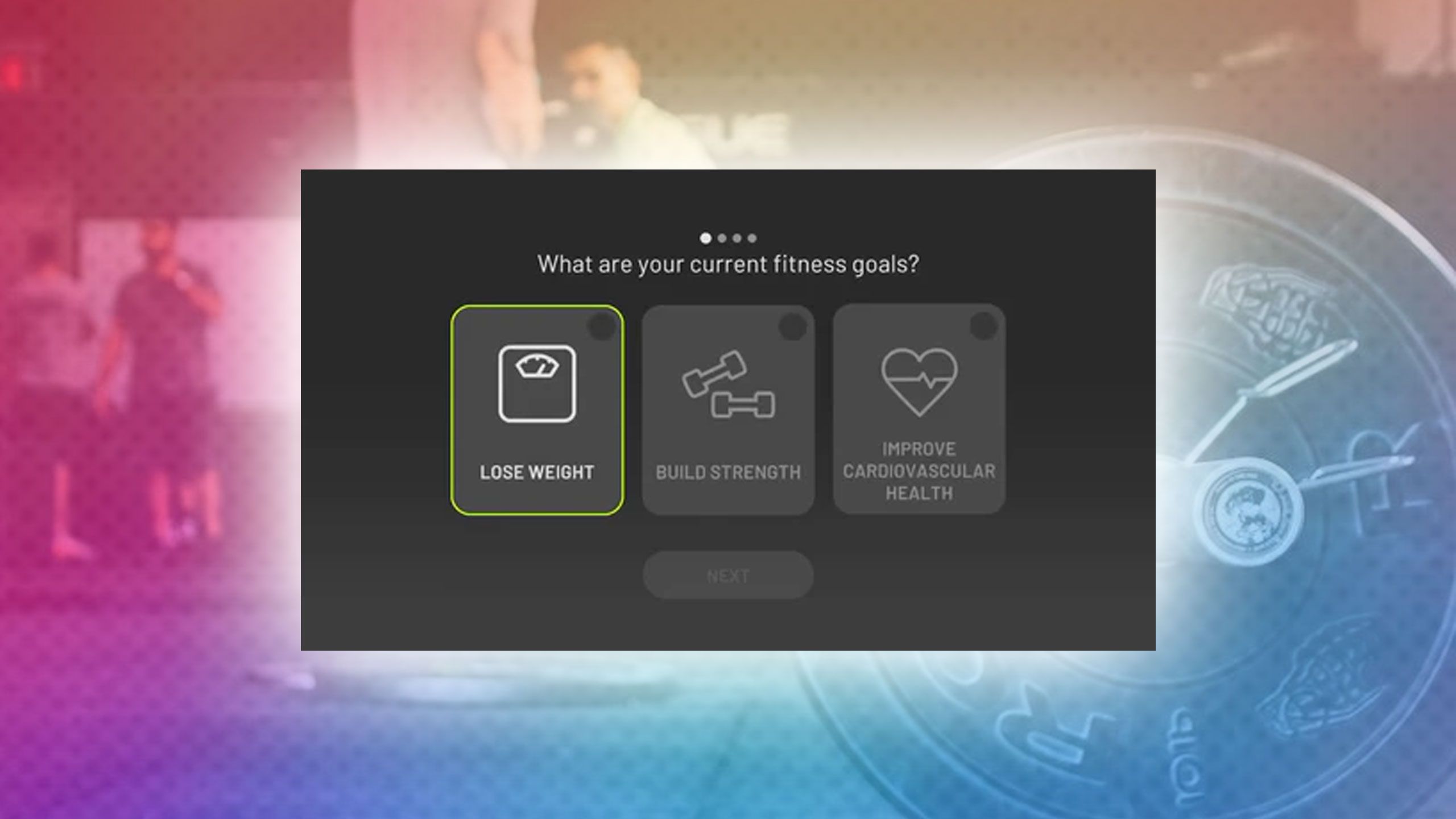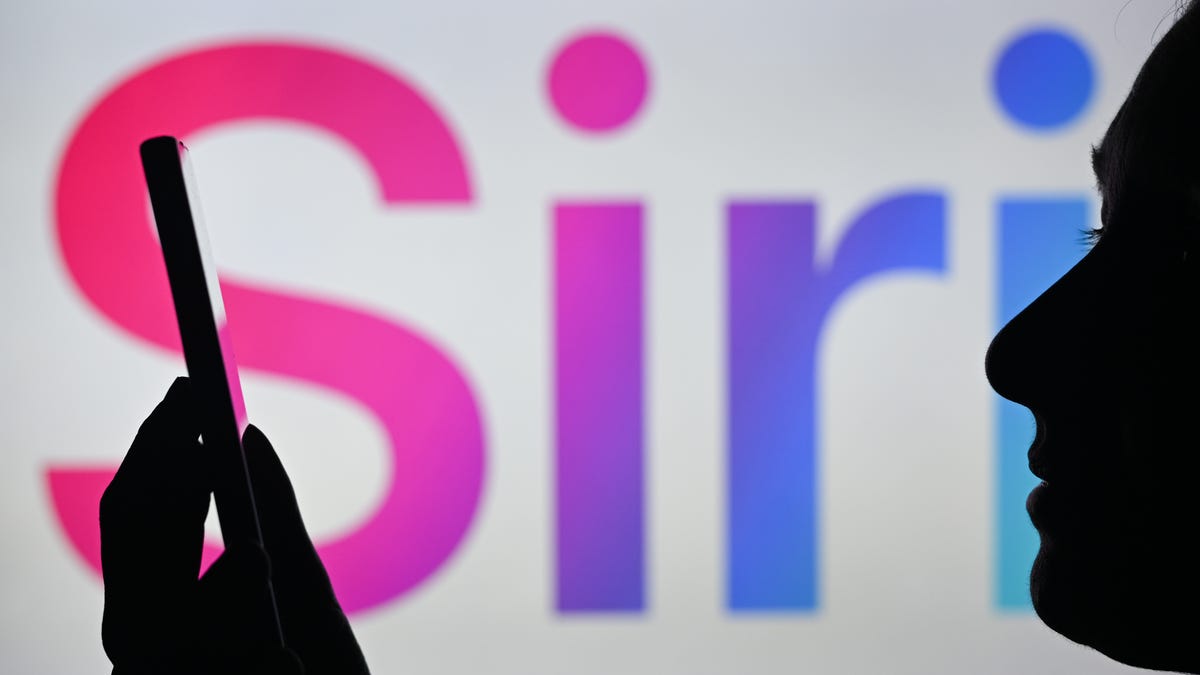The Southern Virginia Problem Gambling Collaborative recently launched, but the soon-to-open Caesars Virginia resort wasn’t the catalyst for the effort.
It started from the state asking community service boards to address the issues of gambling. Locally, the organizations have taken a regional approach.
That’s why the Danville-Pittsylvania Community Services Board, Southside Behavioral Health and Piedmont Community Services have united to serve localities spanning Southern Virginia.
“I think initially that goal is to increase that awareness, because I think a lot of people don’t realize how much gambling is available,” Dominick Grembi, prevention program manager at Danville-Pittsylvania Community Services, told the Register & Bee.
The obvious examples would be a flashy new casino coming to Danville or the lottery.
People are also reading…
But there are addictive forms that don’t appear to be associated with gambling, instead falling under the veil of community fundraising like bingo or raffle tickets.
Then there are things like playing a game on a cellphone and making a purchase for a chance to get prizes.
“That’s all gambling,” Grembi said.
“What we do is we raise awareness of problem gambling,” Tyler Bushong, community coordinator of the collaborative, told the Register & Bee. “We want to stop it at the problem gambling level before it gets to a serious problem.”
Bushong is the one behind the table at community events and schools spreading the word of the collaborative.
To be fair, he said he’s not against gambling.
“I have no problem with gambling,” he told the newspaper. “I’ve gambled in the past.”
He’s more concerned with highlighting the dangers of gambling and the consequences.
Tyler Bushong, community coordinator for the Southern Virginia Problem Gambling Collaborative, chats Sept. 9 at the Power of Community event in Danville.
It’s also “by far the most hidden addiction,” Grembi said, explaining someone can gamble on a cellphone while in the bathroom without anyone else knowing.
If someone had a drug or alcohol addiction, signs can spring up warning family, friends and coworkers.
“The gambling problem is very low key, it’s very under the table,” Bushong said. “A lot of people don’t realize they have the problem until it’s way too late.”
How it started
The collaborative has been in the works for about a year, and in the last few weeks launched the website at svpgc.org.
“We are really starting to get these efforts off the ground,” Amanda Oakes, director of prevention services at Danville-Pittsylvania Community Services, said.
The hope is to have a community-wide meeting soon to bring together people interested in being a part of the group.
Early-on, they did what she called “environmental studies,” looking at advertising for the lottery, bingo halls and even skill games, the devices in convenience stores that wavered from being legal to outlawed again.
But it wasn’t just outside signs. They also listened to the radio and perused social media.
“We are being exposed to more advertisement, more opportunities to gamble,” Oakes said.
While the collaborative fills a local void of resources, there still isn’t an in-person Gamblers Anonymous support group nearby, but they are hoping to eventually start one of those. Right now there’s only a virtual option.
“We are all-inclusive,” she explained of anyone who wants to be a part of the organization. “Everyone is welcome to join.”

Tyler Bushong, community coordinator for the Southern Virginia Problem Gambling Collaborative, talks about the new group Aug. 28 at Regional Alliance for Substance Abuse Prevention’s 2024 Summer Conference: Marijuana hosted at the Institute for Advanced Learning and Research in Danville.
Although coinciding with the expected end-of-the-year launch of a full casino in Danville, the gambling group didn’t come about just because of it.
“It has nothing really to do with the casino,” Oakes said. “It’s because of the legalized gambling in the state.”
There’s also a Rosie’s Gaming Emporium in Collinsville and off-track horse betting options, Brian Hundley, prevention project coordinator for the group, said.
“There’s a lot of ways people can gamble in our community, so it’s not just the casino,” Oakes said, herself referencing bingo halls. “I think even if we didn’t have a casino in our community, we would still be doing this work.”
Bushong said he planned to meet with the casino to ensure proper signs were in place letting people know of numbers to call or text for gambling issues.
“Caesars Entertainment does take responsible gambling seriously,” Carmen Kesel, a spokesperson for the local casino, told the Register & Bee.
In fact, Caesars was the first operator to tackle the issue by starting a responsible gaming program.
“Over the years, we have achieved significant milestones that have made history in the gaming industry,” she said.
“Regarding on-property resources, signage posted throughout and at every exit, brochures and rack cards are placed at every ATM and at the casino cage, and an RG disclaimer is added to all marketing and advertising materials (digital and print),” she explained via email.
However the casino isn’t the largest worry for Bushong.
“My biggest concern is sports gambling,” he said.
Likening the addiction to smoking, he explained during his parents’ era, they would “light a cigarette first thing in the morning before they brushed their teeth or got out of bed.”
For his generation, social media — especially Facebook — filled the electronic addiction slot in the mornings.
“Now it’s there are people who have sports betting apps, they check those games, they check those scores the first thing in the morning before they do anything else,” he said. “There are people who will bet on any game, no matter what.”

Tyler Bushong, community coordinator for the Southern Virginia Problem Gambling Collaborative, addresses someone about the new group Aug. 28 at Regional Alliance for Substance Abuse Prevention’s 2024 Summer Conference: Marijuana hosted at the Institute for Advanced Learning and Research in Danville.
Hundley cited a change in culture. For example, two decades ago it was unheard of to listen to betting odds while listening to the TV sports network ESPN.
“Now pretty much every show now has a segment that just strictly goes about who to pick on bets on games,” he explained.
“We are getting flooded with these options and this idea that gambling is fun,” he continued. “Which is not to say there’s anything wrong with gambling, it can be fun … but you’ve got to be able to set limits and know the game and not just betting on some certain game that you have no idea how it’s played.”
Signs and stigma
One goal is to cease the stigma that surrounds problem gambling, Hundley said.
“I think that’s huge,” he continued. “People have to understand that is a brain disease.”
Mirroring other issues, the collaborative wants family and friends to pay attention to the signs that include mood changes, borrowing money and starting to sell items.
Gambling also can impact relationships when there are arguments with family and friends about money or missing payments.

Dominick Grembi, prevention program manager at Danville-Pittsylvania Community Services, chats Aug. 28 at Regional Alliance for Substance Abuse Prevention’s 2024 Summer Conference: Marijuana hosted at the Institute for Advanced Learning and Research in Danville.
If any of those boxes are checked, it may be time for family or friends to encourage the individual to seek help.
The website has a self-assessment to answer screening questions designed to see if gambling is a major issue.
Grembi also pointed out that it’s not only the person with a gambling addiction who suffers, but families also. That’s why support groups are helpful to those, as well.
Help and more
Beyond support, there aren’t many treatment options in the community, something Oakes said the organization hopes to change.
“All of us is in the work of prevention,” she explained noting that the group didn’t have the word “prevention” in its name.
“I think another thing we are interested in doing as a collaborative, and we think our community is also going to be interested in, is increasing the capacity of treatment opportunities and recovery opportunities,” she said.
Virginia has funding available for anyone who wants to be certified as a treatment provider.
“I think we do have a few in our community who are interested in working toward those certifications,” she noted. “We hope that one day we will have those providers in our community.”
Working with people undergoing recovery also will be key, Grembi said.
“Those people in recovery are walking billboards for hope,” he noted.
The correlation between problem gambling and suicide is “astronomical,” according to Grembi. In addition, a gambling problem often goes hand-in-hand with other issues like drugs and drinking.
“I think all of that is very important for us to let the community understand,” he said.
Oakes said it’s also important to start talking about gambling with children. That’s because young adults have high rates of gambling problems.
“Because gambling is starting earlier and earlier,” she said.









